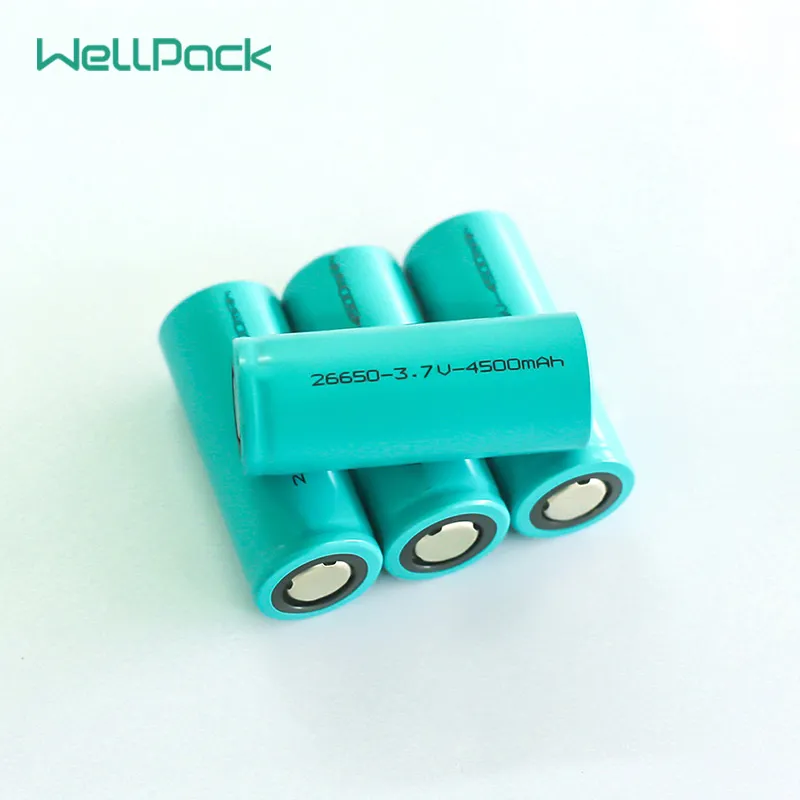
Should You Store Batteries in the Refrigerator in 2025?
2025-11-25 15:05Contents
1. Why Do People Still Think About Putting Batteries in the Refrigerator?
2. What Actually Happens When You Refrigerate Batteries
3. How Modern Batteries Are Different in 2025
4. The Best Way to Store Batteries Today
5. Common Myths About "Batteries in Refrigerator" Debunked
6. When Keeping Batteries Cold Can Actually Help
7. Quick FAQ: Batteries in Refrigerator in 2025
Why Do People Still Think About Putting Batteries in the Refrigerator?
Even in 2025, if you search "batteries in refrigerator," you'll see millions of results and endless forum threads. The idea started decades ago when almost everyone used leaky alkaline or Ni-Cd rechargeable batteries. Back then, keeping them cool really did slow down self-discharge and reduced the chance of electrolyte leaking all over your drawer. Grandparents still swear by it, and the advice keeps getting repeated online.

What Actually Happens When You Refrigerate Batteries
Putting today's batteries in the fridge does three main things—none of them good for everyday use:
• Temperature swings create condensation inside the battery wrapper or even on the terminals. Moisture is the number-one killer of battery contacts and can cause corrosion over time.
• Cold makes lithium-ion and modern alkaline batteries temporarily "sleep." When you take them out and they warm up again, the sudden change can slightly reduce total lifespan.
• You risk the battery touching food or leaking (even a tiny amount) in a place where you definitely don't want chemicals.
In short: the old benefit is gone, and new risks appear.
How Modern Batteries Are Different in 2025
Almost all AA, AAA, and 18650/21700 cells sold now use much better seals and separators than 20–30 years ago. Major brands (Energizer, Duracell, Panasonic, Samsung, LG, EVE) have self-discharge rates as low as 1–2% per year at room temperature. Some lithium primary cells (CR123A, CR2) last 10 years on the shelf with almost no loss.
Because chemistry and manufacturing improved so much, room temperature between 15–25°C (59–77°F) is now the sweet spot recommended by every big manufacturer.
The Best Way to Store Batteries Today
Follow these simple rules and your batteries will easily reach their printed expiration date:
1. Keep them in the original packaging or a plastic battery case.
2. Store at normal room temperature (avoid garages or attics that get very hot or very cold).
3. Keep relative humidity below 60%—a drawer inside the house is perfect.
4. Don't mix old and new batteries in the same package.
5. For bulk buyers (distributors, factories, wholesalers): use climate-controlled storage around 20°C.
That's it. No refrigerator needed.
Common Myths About "Batteries in Refrigerator" Debunked
Myth 1: "Cold makes batteries last longer."
→ Only true for very old Ni-Cd cells. Modern lithium and alkaline lose more life from temperature cycling than they gain from being cold.
Myth 2: "The fridge prevents leaks."
→ Today's batteries almost never leak if stored properly at room temperature. Leaks usually happen from over-discharge in devices, not shelf storage.
Myth 3: "NASA or the military store batteries in refrigerators."
→ They use temperature-controlled rooms set to exactly 20°C, not your kitchen fridge at 4°C with lettuce next to them.
When Keeping Batteries Cold Can Actually Help
There are two real cases where lower temperature is useful:
• Long-term stockpile (5–10 years): some preppers and industrial buyers store lithium-thionyl chloride (Li-SOCl2) or certain primary lithium cells at 10–15°C to squeeze out an extra year or two.
• High-performance 18650/21700 vape or power-tool cells: a few manufacturers suggest storing unused high-drain cells below 15°C if you won't use them for many months. But again, not the kitchen refrigerator—use a cool basement or wine cooler.
For 99% of homes and businesses, these cases don't apply.
Quick FAQ: Batteries in Refrigerator in 2025
Q: Can I still put batteries in the refrigerator without damage?
A: You probably won't destroy them immediately, but you shorten life a little and risk condensation damage. Just don't.
Q: What about rechargeable lithium-ion batteries (18650, 21700)?
A: Definitely no. Temperature swings are worse for lithium-ion than steady room temperature.
Q: My parents always did it and never had problems.
A: They used 1990s–2000s batteries that actually benefited. Chemistry moved on.
Q: Where should distributors store thousands of batteries?
A: Air-conditioned warehouse at 15–25°C and<60% RH. That's the industry standard in 2025.
Bottom line in 2025: keep batteries cool, dry, and at normal room temperature—leave the refrigerator for food.
